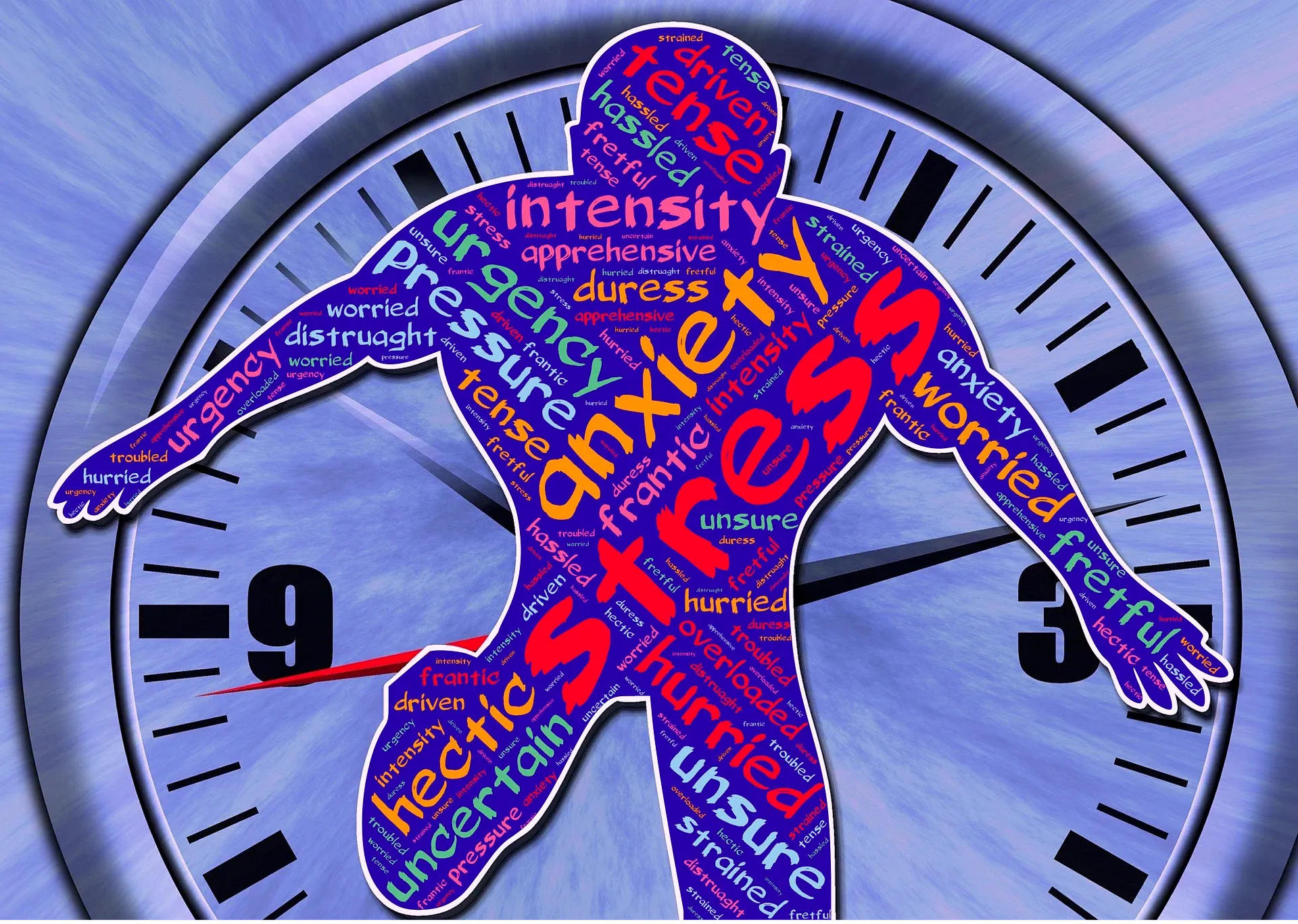From Fear To Ease: Overcoming Mental Anxiety And Nervousness
1. Acknowledge and Understand Anxiety:
- Recognize and accept your anxiety rather than trying to suppress it. Understanding the source of your anxiety is a crucial first step.
2. Deep Breathing and Mindfulness:
- Practice deep breathing exercises and mindfulness to bring your focus to the present moment. This can help calm your mind and reduce anxious thoughts.
3. Progressive Muscle Relaxation:
- Engage in progressive muscle relaxation by tensing and then gradually releasing different muscle groups. This technique can alleviate physical tension associated with anxiety.
4. Positive Affirmations:
- Replace negative thoughts with positive affirmations. Remind yourself of your capabilities and strengths, fostering a more optimistic mindset.
5. Set Realistic Goals:
- Break tasks into smaller, manageable goals. This can make daunting challenges seem more achievable and reduce overall anxiety.
6. Visualize Success:
- Picture yourself successfully navigating situations that trigger anxiety. Visualization can build confidence and reduce fear.
7. Challenge Negative Thoughts:
- Challenge and reframe negative thoughts. Ask yourself if your fears are based on facts or if they are exaggerated assumptions.
8. Seek Support:
- Share your feelings with some of your trusted friends, family, or a mental health professional. Having a supportive network can provide comfort and understanding.
9. Establish a Routine:
- Establishing a daily routine can create a sense of predictability and stability, reducing anxiety about the unknown.
10. Mind-Body Activities:
- Engage in activities that connect the mind and body, such as yoga, tai chi, or meditation. These practices promote relaxation and balance.
11. Limit Stimulants:
- Reduce consumption of stimulants like caffeine and nicotine, as they can exacerbate anxiety symptoms.
12. Prioritize Self-Care:
- Prioritize self-care, including sufficient sleep, healthy nutrition, and regular physical activity. A well-nourished and rested body is better equipped to handle stress.
13. Learn Stress Management Techniques:
- Explore various stress management techniques, such as journaling, guided imagery, or biofeedback. Find what works best for you.
14. Gradual Exposure:
- Slowly & steadily expose yourself to situations that trigger anxiety. Incremental exposure can desensitize you over time.
Remember that overcoming anxiety is a process, and progress may be gradual. It's okay to seek professional help if needed, and taking small steps consistently can lead to significant improvements over time.
Similar Topics:







0 Comments:
Post a Comment